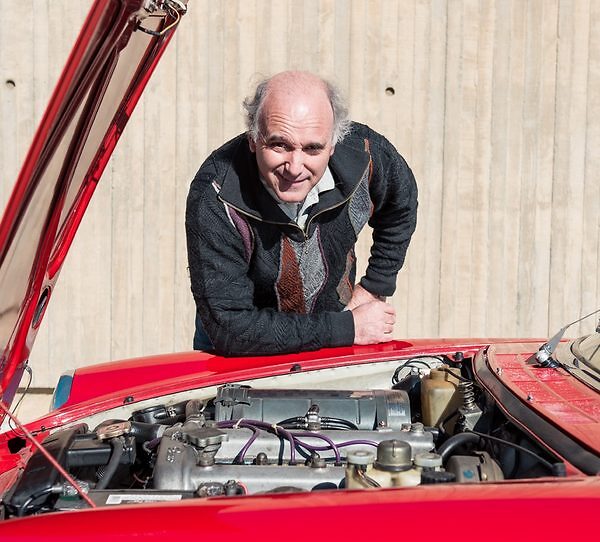"Optimal Control Options for Plug-in Hybrid Vehicles" by Dr. John Fox, SLAC

Date
Location
Description
Abstract:
The United States and the world are undergoing rapid changes in the use of energy and associated environmental impacts. In the United States transportation uses roughly 25% of all energy, and is responsible for roughly 30% of greenhouse gas emissions. Hybrid vehicles which combine a gasoline engine with electric drive are one method to increase fuel efficiency, and plug-in hybrid vehicles are a means to offset greater energy use from petroleum fuels to the electric grid. Our Stanford group has focused on optimal-control techniques to improve the efficiency and resource utilization of plug-in hybrid vehicles. Our optimization uses information about a known or estimated vehicle route to predict energy demands and optimally manage on-board energy (battery and fuel) resources such that at the end of a trip the vehicle has preferentially used the grid-sourced (electric) energy supply over the fuel energy in the vehicle. We have developed a convex optimization method which in simulations has shown improved fuel economy of a target PHEV vehicle on mixed urban-suburban routes by 15 – 20 % over conventional CDCS (Charge Depleting-Charge Sustaining ) battery management. The methods are generally applicable to PHEV and HEV light duty, medium duty and heavy-duty vehicles. Initial results are presented and the next directions of the work are outlined.
Work supported by the Stanford University Precourt Center for Energy Efficiency and by DOE contract DE-AC02-76SF00515
Speaker:
Dr. John Fox is a Senior Scientist at the SLAC National Accelerator Laboratory and a Consulting Professor in the Applied Physics department at Stanford University. His accelerator interests center on beam instrumentation, beam dynamics , beam instability control and LLRF systems for LINACS and circular machines . His technology interests include analog, RF and high speed digital signal processing techniques. Dr. Fox and his research group have contributed instability control systems and beam diagnostic techniques to many accelerators and light sources around the world. Their current active focus is on GHz bandwidth feedback control of electron-cloud instabilities in the SPS and LHC at CERN. His Stanford University research areas center on optimal control methods to improve energy efficiency and resource allocation in plug-in hybrid vehicles.
He earned the B.A. degree in Physics from Harvard University and the Ph.D. degree in Applied Physics from Stanford University with a Ph.D. minor in Electrical Engineering. Dr. Fox teaches Stanford graduate courses in instrumentation techniques, and an undergraduate seminar on Energy technology and policy. He has taught courses for the US Particle Accelerator School, the US-CERN-Japan-Russia Accelerator School and the Australian Center for Accelerator Science. He is a Fellow of the American Physical society and has been honored with the Stanford Dean's Award for Distinguished Teaching. Dr. Fox is pretty confident he is the only Fellow of the APS who also has certificates from the National Institute for Automotive Service Excellence.
Host: Tsumoru Shintake, Quantum Wave Microscopy Unit
Subscribe to the OIST Calendar: Right-click to download, then open in your calendar application.



